As an example, he pointed to main battle tanks. Before the war, he said, Russia was delivering about 150 to 250 a year. But of those, he assessed, about 20 to 30 would have been new, while the rest were heavily refurbished. So while Cavoli’s written testimony in April said Russia could make up to 1,200 tanks per year, Connolly estimated that, at a maximum, 400 of those are new or heavily refurbished. Everything else, he said, is pulled from storage, lightly repaired and then deployed. The RUSI report from February estimated about 80% of Russia’s wartime production was actually refurbished, aging materiel.
Only in the West can one find a way to interpret an increase in armored vehicle production by the opposition to actually be good news because it's actually fake.
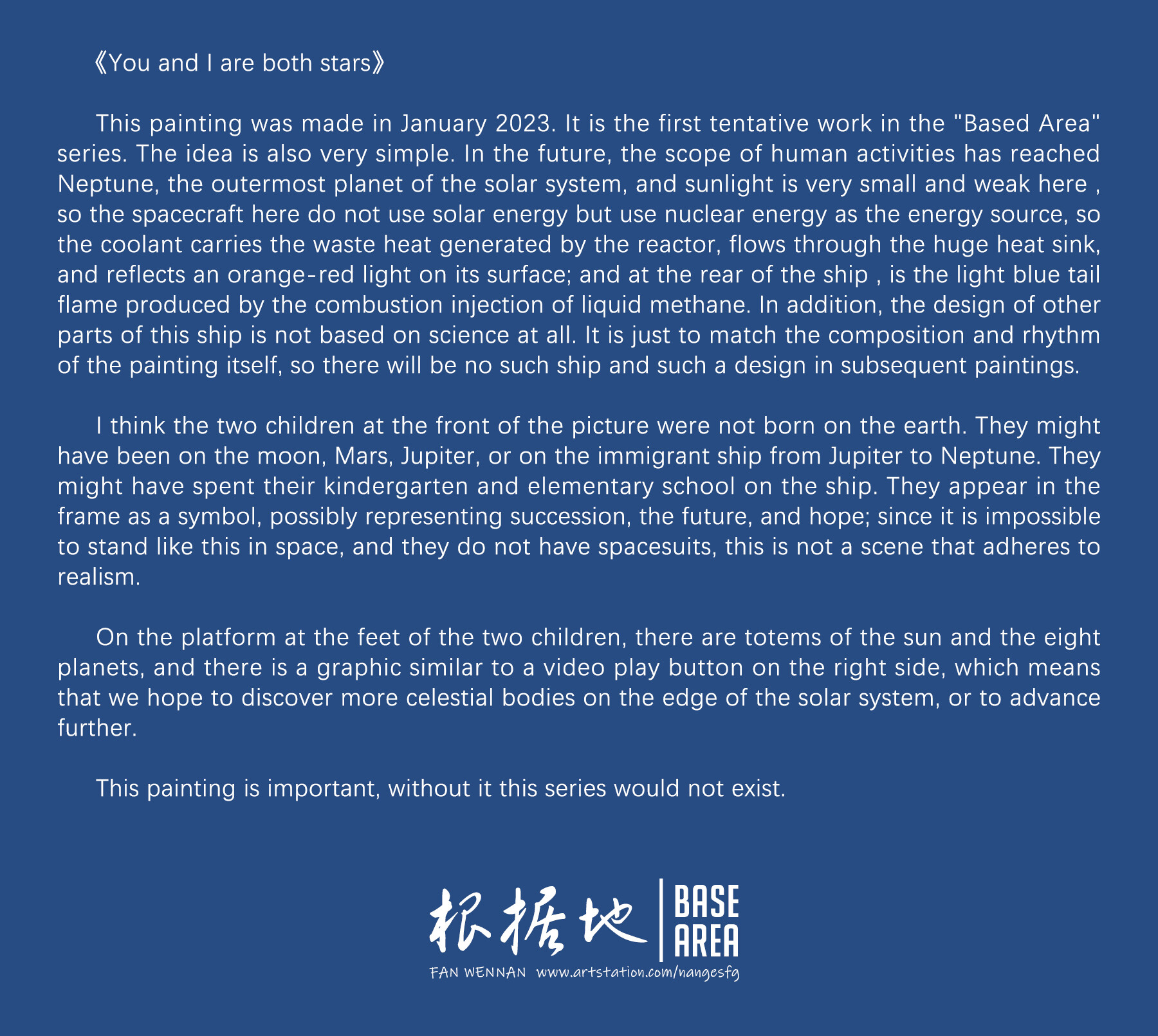


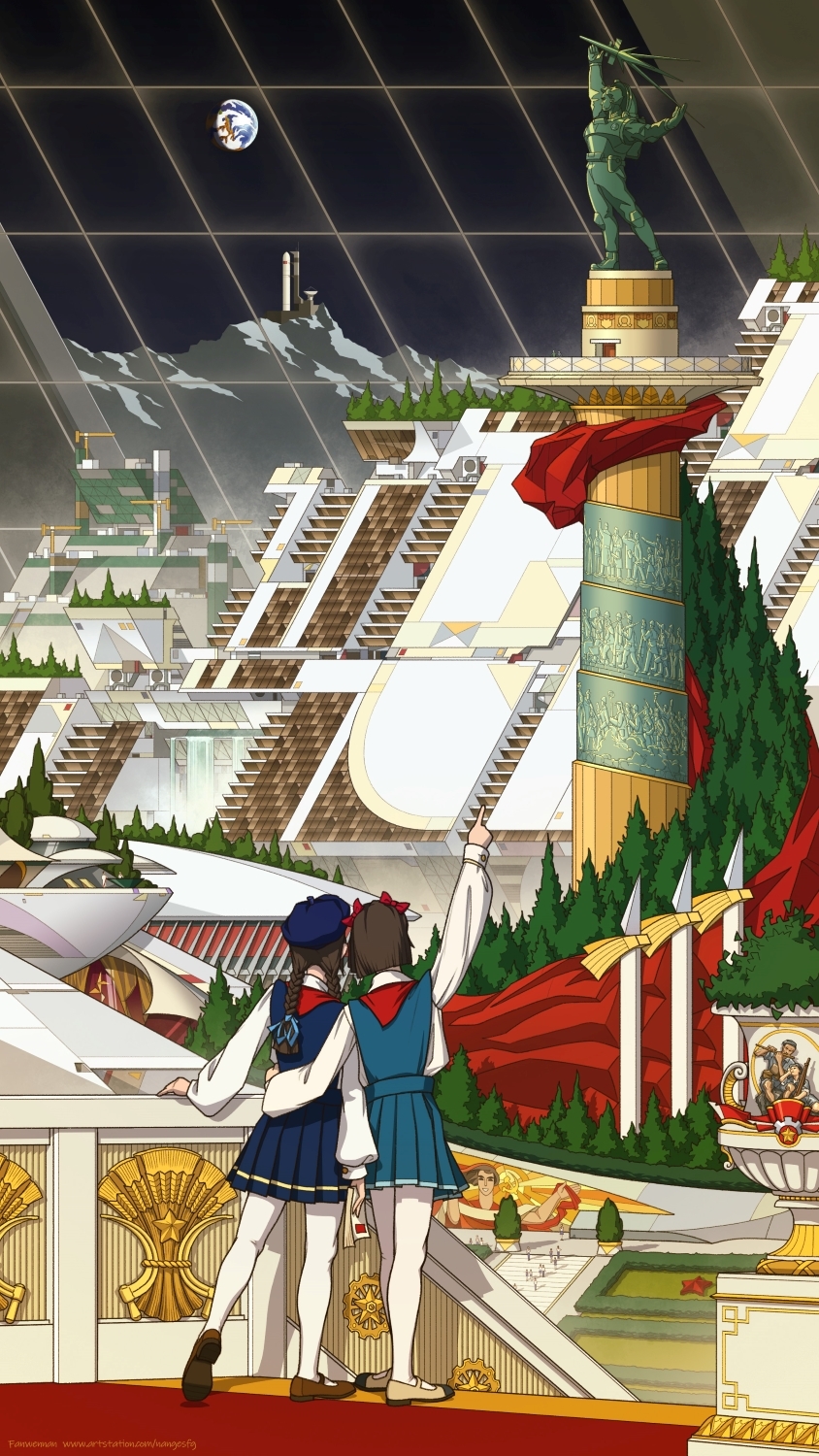

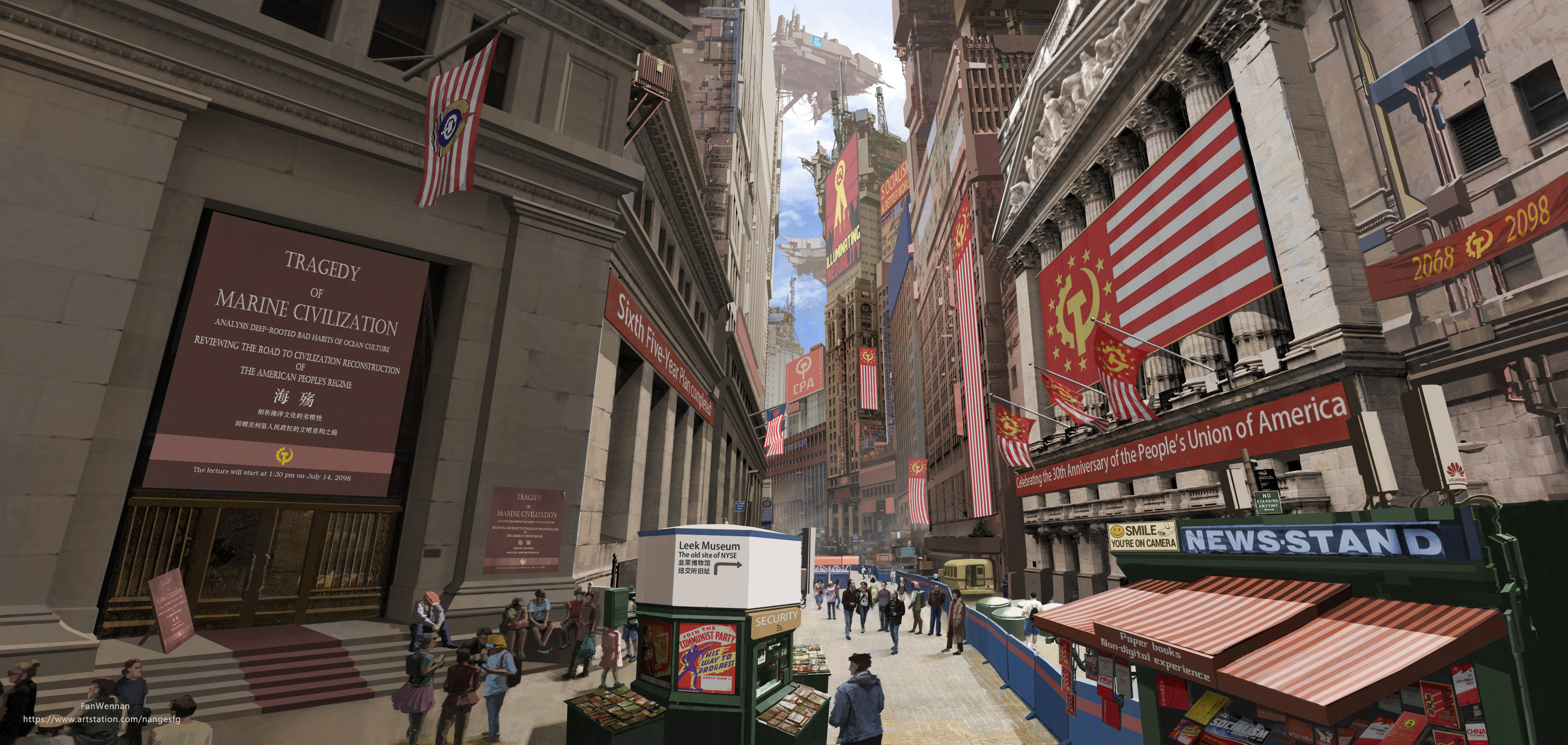
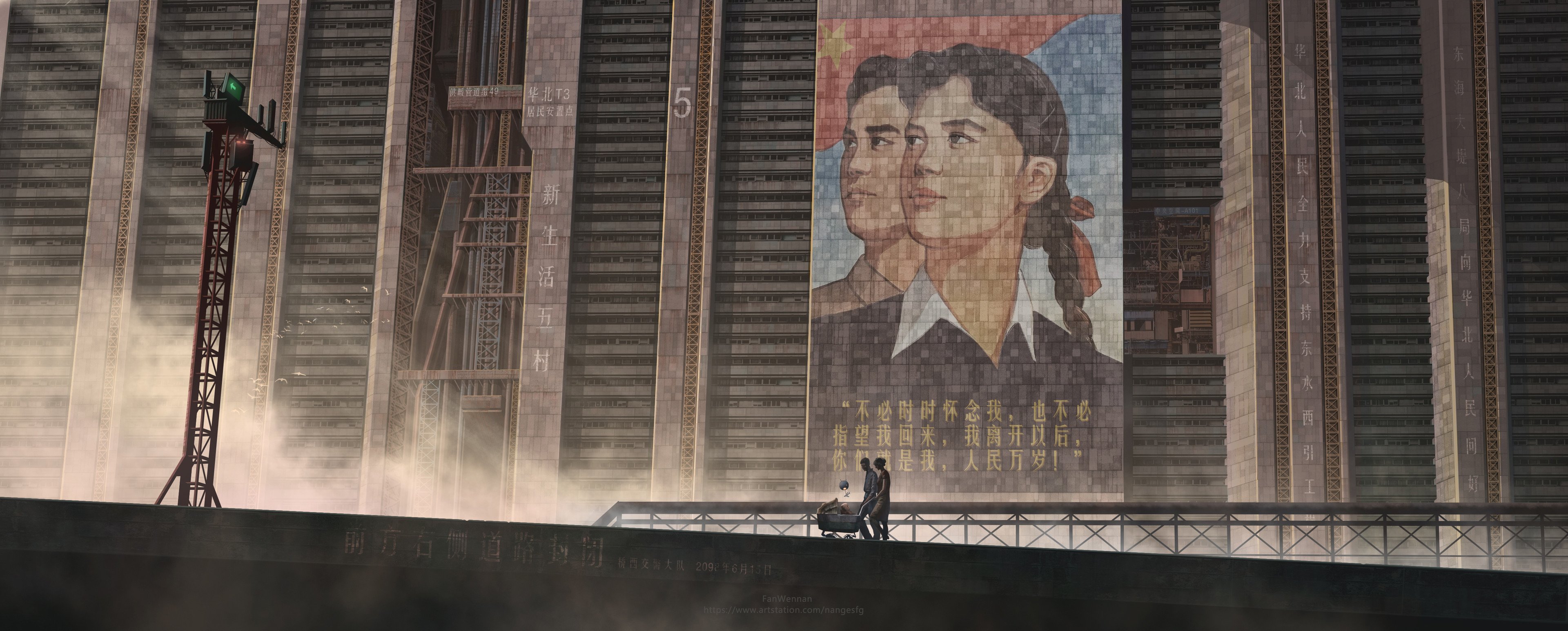
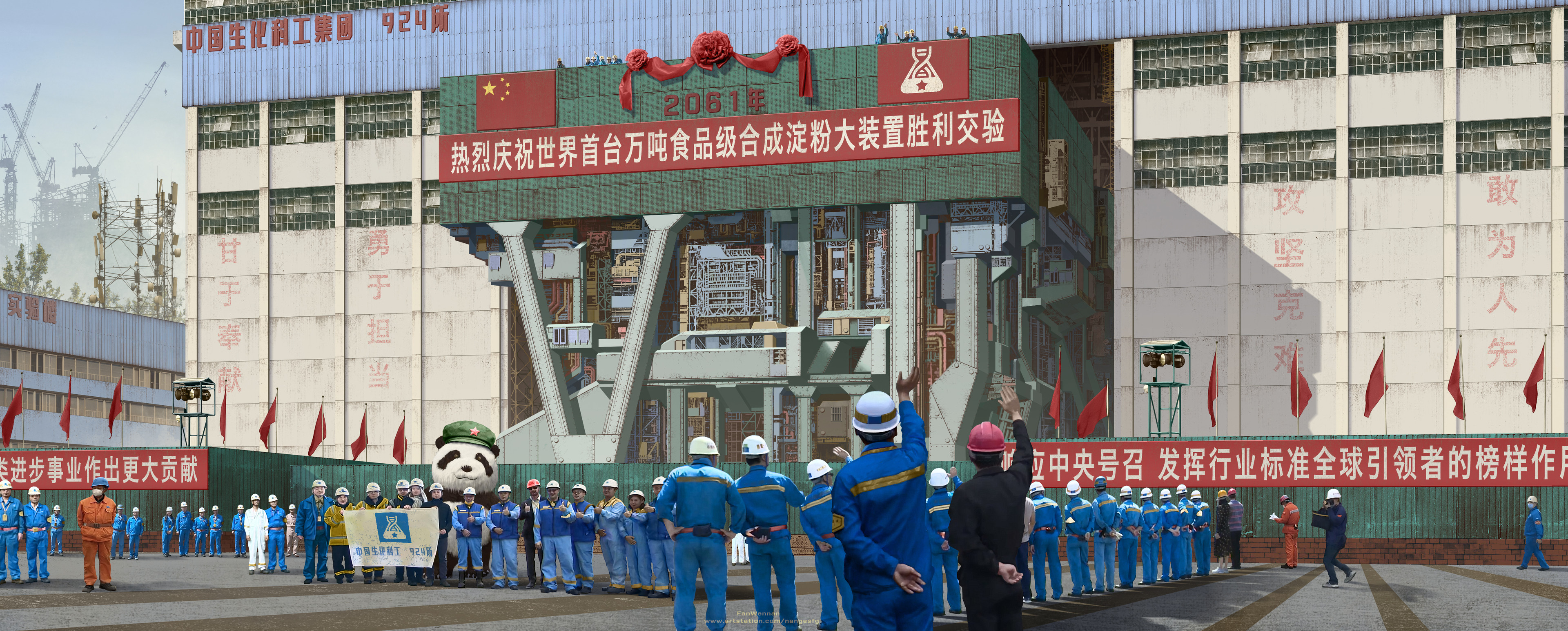
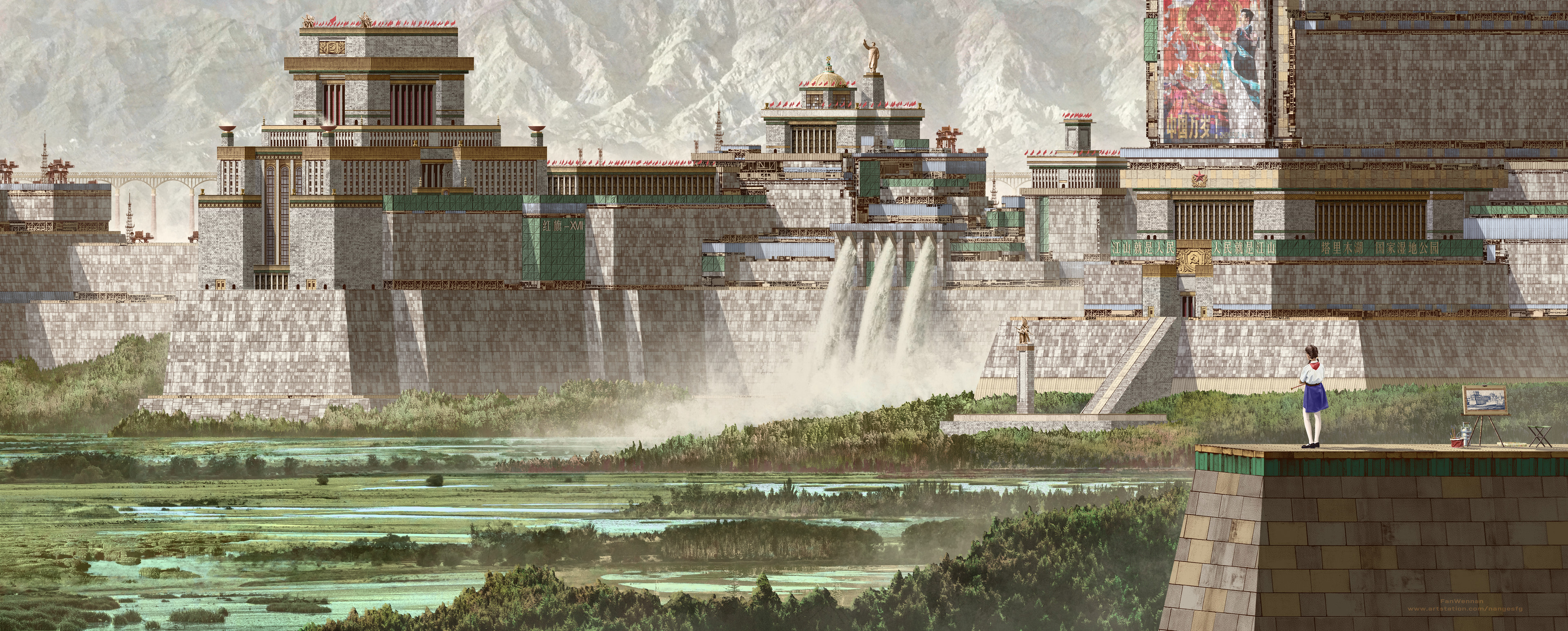
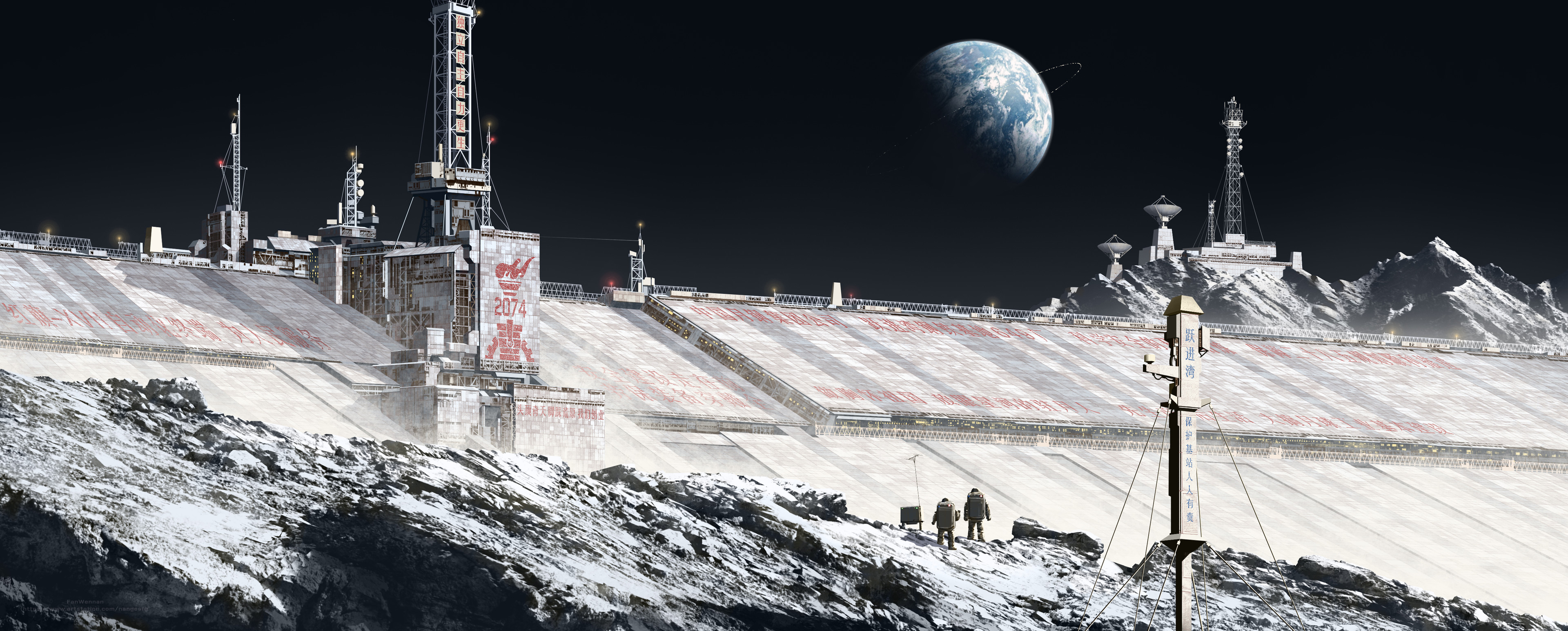
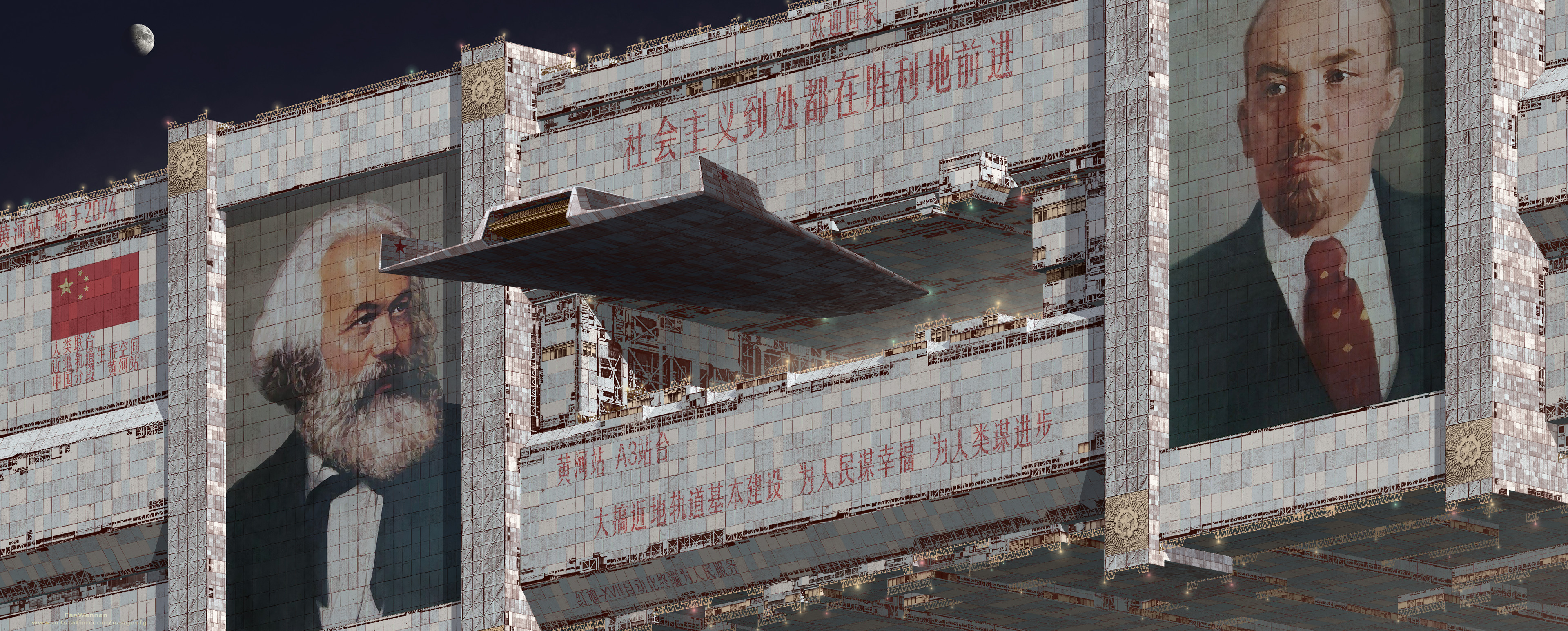
Reverse Collapse: Codename Bakery is fun yet challenging especially in its stealth maps and puzzle maps. Since I played for the story I went for casual difficulty which presents a fair challenge in achieving the best rank possible (S-rank) while encouraging the player to use their items and overcome specific problems (such as a certain enemy's one-hit kill skill) with it. Higher difficulties present their dilemmas less in the form of increased enemy statistics but rather in the mass of enemies encountered, their positioning, and being obstacles that prevent easy achievement of the S-rank completion. That said there are definitely items that get used way more either due to being useful precursors (fragmentation grenades) or being too good in comparison (rocket launcher, cruise missiles, and painkillers/healing grenades).
Its story is gripping starting from the well worn war story trope of surviving an ambush to one that incorporates timeline hopping pretty well. And while the vast bulk of the story is presented in visual novel format, there are both well animated cutscenes that utilize the game's engine to express kinetic scenes and more mundane game engine actions that are combined with text boxes to express movement and actions that would be hard to do using purely game mechanics.
Setting-wise, it takes place in the near far future in a post-post-apocalyptic earth where alien space radiation leaking into the environment due to an explosive accident created the conditions for WW3 through extensive environmental damage while also turning any survivors (both humans and in another game, Girls Frontline 2 Exilum, animals too) into silicified zombies capable of tearing apart mechs and tanks. Human civilization survived and adapted to the point of eventually being able to decontaminate the environment and provide treatment for people infected by the alien space radiation (though expensive). The protagonist's faction, the Antarctic Union (AU), survived WW3 through isolationism and reverse-engineering alien technology that allows "for the discorporation and reconstruction of matter at will, and even the transmission of matter over long distances", collapse and reverse collapse. The antagonist faction, the Union of Rossartist Nation Coalition (URNC), lacks this technological capability and as a result the URNC has resorted to extreme measures to close this gap during the war with the AU due to suffering extreme losses despite a massive industrial and automation discrepancy in their favor. The events of the story takes place in the Caucasus where the protagonist faction seeks to extract an individual whose biological makeup allows her to safely activate the alien artifact sites that contains the secrets to reverse engineer this alien technology.